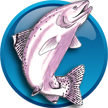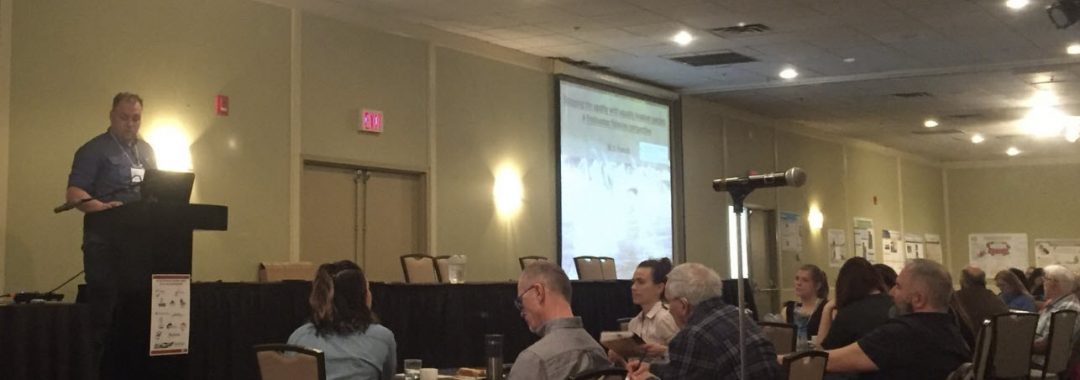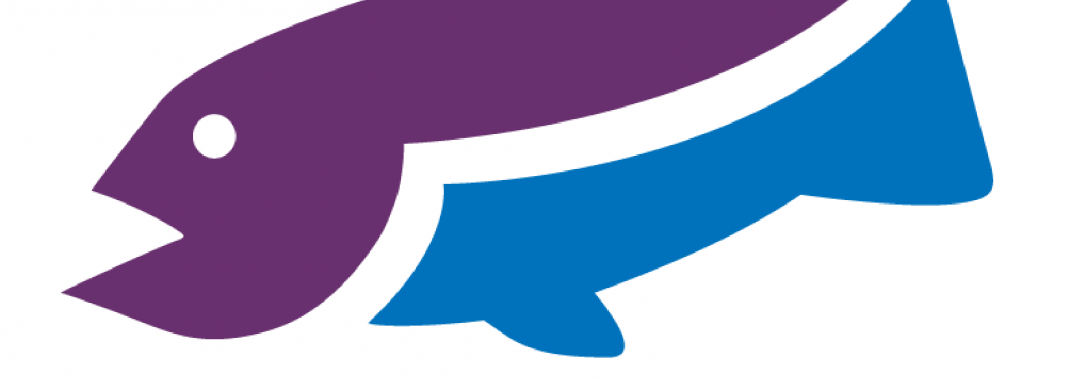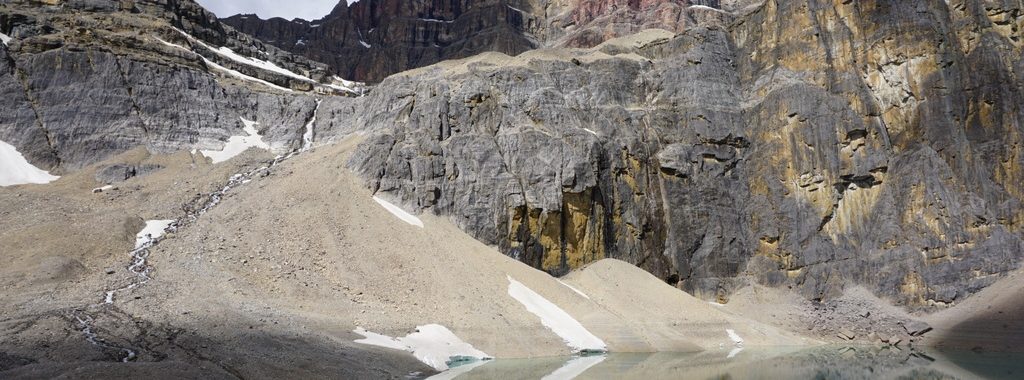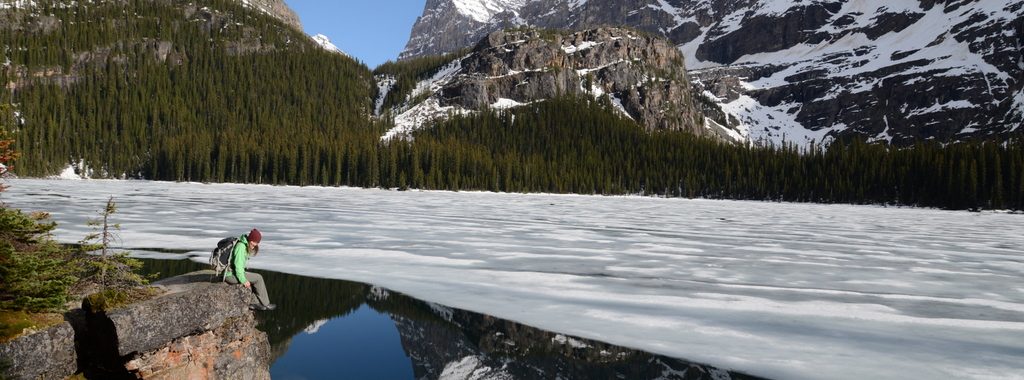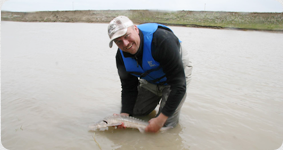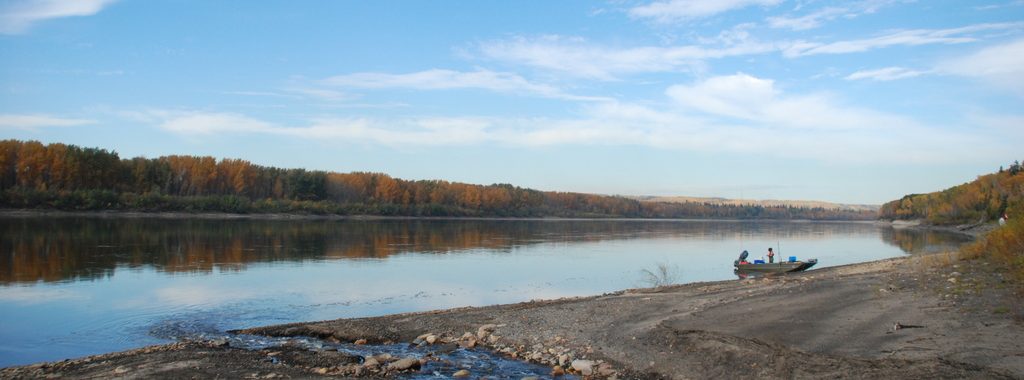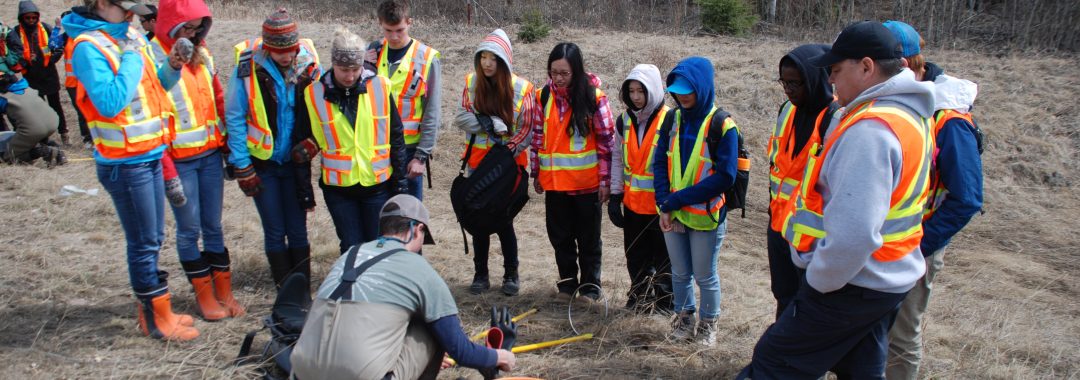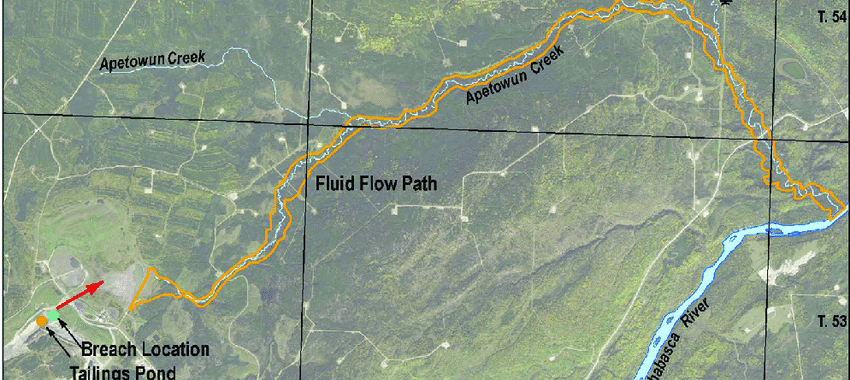Dr. Poesch is a member of Tracking Change, a program aimed at connecting local and traditional knowledge in watersheds. The Lab welcomes the youth from Alberta and Northwest Territories for the Youth Knowledge Fair! See Outreach Gallery for some photos.
Category Archives: Citizen Science
The Poesch Lab is committed to learning about aquatic species and their habitats, and we need your help! Have you caught something interesting? Maybe a species at risk like a Sturgeon or Westslope Cutthroat Trout? Or maybe you caught something you think doesn’t belong there, like an invasive species like zebra mussel, goldfish, or goby – we want to know about it! You will receive a printable Certificate of Appreciation, and your picture will be posted (if approved). Use this website show off your fishing skills while helping us to better understand your catch!
The Poesch Lab is interested in studying the behaviour of anglers, their preferred methods, their concerns and observations. Do you have years of experience on the water? Has something changed where you fish? Do you have an idea about how to improve aquatic environments? There is a whole world of information that only anglers know, and we’d love to hear what you have to say!
Fish don’t talk, that’s why people have passed down fishing secrets from generation to generation. We think it’s about time that science took a deeper look at traditional knowledge. Do you want to tell us something that you learned as a youngster, and always valued? Perhaps you have stories of species that are now since gone. We want to know about it!
Dr. Poesch gives plenary talk and participates on expert panel on invasive species
It was a great honour to give a plenary talk on freshwater invasive species and participate in a panel discussion with Dr. Daniel Simberloff (University of Tennessee), Dr. Chris Thomas (University of York, UK), Jason Fisher and Margo Pybus at this year’s Alberta Wildlife Society meeting in Lethbridge. I really enjoyed the discussion on invasive species! I was also very impressed to see as many as five undergraduate students from my Fish and Wildlife class in attendance! Also happy to see my students Sebastian Theis (PhD candidate), Jesse Shirton (undergraduate) and Jamie Card (undergraduate) present posters on their research!
The Fisheries and Aquatic Conservation Lab helps host the Canadian Conference for Fisheries Research (CCFFR)
For the first time in almost 25 years, the Canadian Conference for Fisheries Research returns to Edmonton, AB. With Dr. Poesch as Local Organizing Chair, the PoeschLab was front and centre helping run the show. The PoeschLab also contributed 14 talks or posters to the event! Great job team!
The Fisheries and Aquatic Conservation Lab wins big at Northern Research Day
M.Sc. student Morag McPherson brought home the award for Best Talk at this year’s Northern Research Day held at the University of Alberta. Michael Terry (MSc candidate) was a fraction of a percent short and finished 2nd for Best Poster. Great job Mo and Mike!
Research on climate change impacts to freshwater fishes highlighted in recent magazine (Renew Magazine)
Dr. Poesch’s paper on climate change impacts to freshwater fishes was featured in the Spring 2017 issue of Renew.
Link to pdf: Renew_Spring_2017
Link to paper on “Climate change impacts on freshwater fishes: A Canadian perspective“.
Dr. Poesch gives plenary at Canadian Conference for Fisheries Research (CCFFR) in Montreal
Dr. Poesch described the role of fish species at risk in the Anthropocene.
Maitland, B.*, Cooke, S. and M.S. Poesch. (2015) Finding the path to a successful graduate and research career: Advice for early career researchers. Fisheries 40: 399-403.
Citation: Maitland, B.*, Cooke, S. and M.S. Poesch. 2015. Finding the path to a successful graduate and research career: Advice for early career researchers. Fisheries 40: 399-403.
Abstract
The path to a successful graduate and research career is a complex and difficult one. Early career researchers (ECRs) have myriad choices and tasks to prioritize and complete as they build their CV but are often confronted with unfamiliar situations in which advice from more senior researchers can be extremely valuable. Here, we summarize a recent workshop held for ECRs by the Canadian Aquatic Resource Section of the American Fisheries Society (AFS) with support from the Education Section. Sessions touched on (1) getting published, (2) science communication and outreach, (3) scoring a job or grad school position, and (4) working within the science–policy interface. The decades of collective experience brought to the table should be shared with the broader readership of AFS because it may prove useful to ECRs as well as stimulate meaningful conversations on these important and timely issues.
*Lab members: Bryan Maitland, Mark Poesch. Check out opportunities in the lab!

